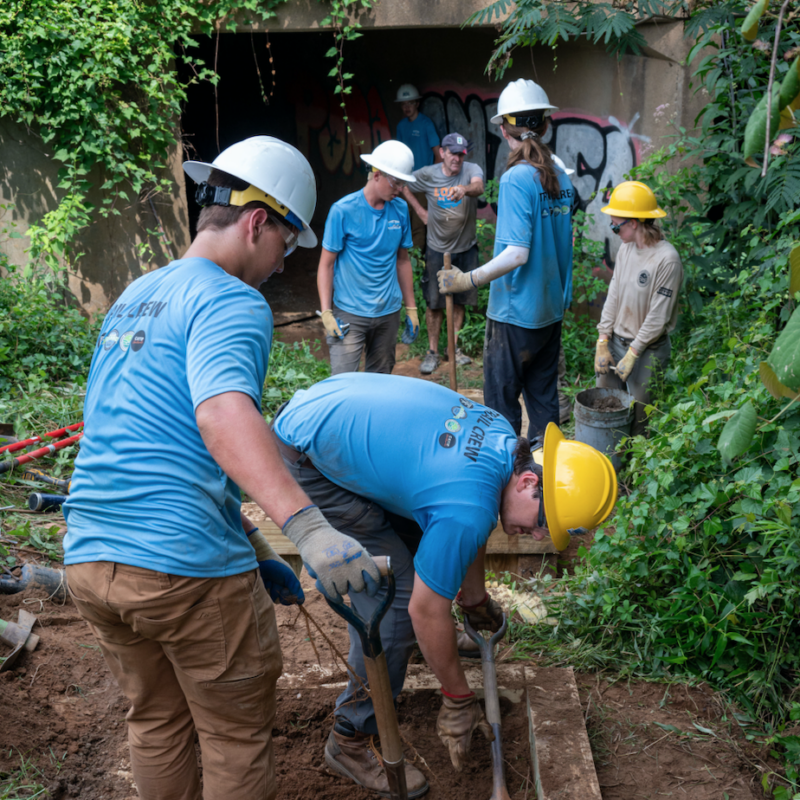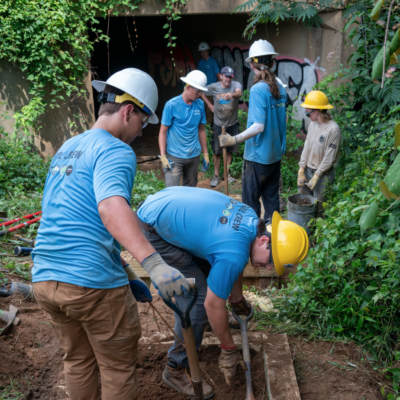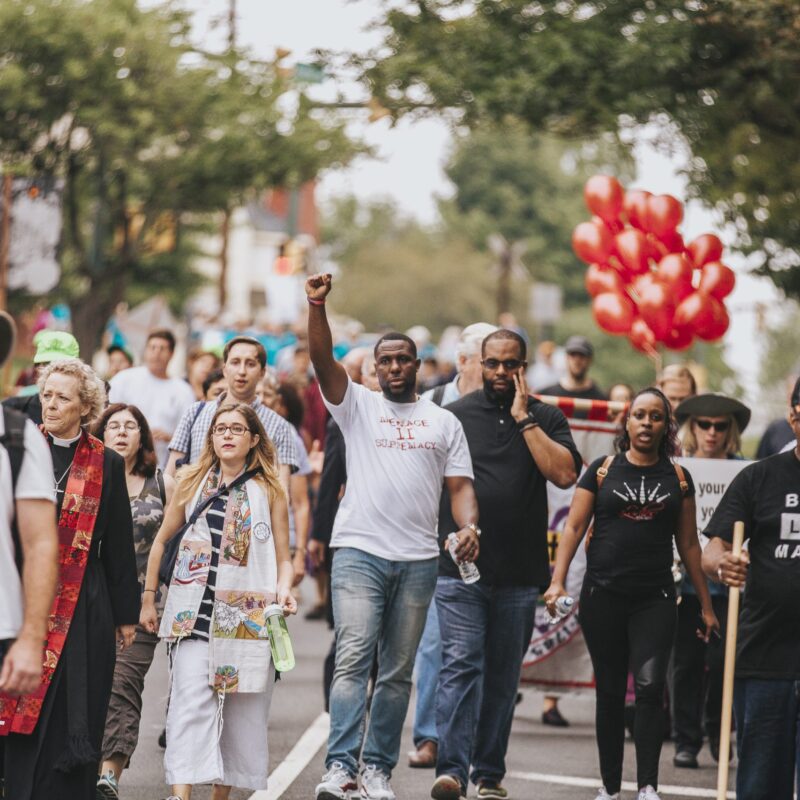With the money Halsey Minor says he will seek in damages in a lawsuit against the Federal Deposit Insurance Corporation (FDIC), he claims he will not only finish building the Landmark Hotel, but will be involved in more developments in Downtown Charlottesville.
|
Minor wrote in a Huffington Post editorial that, by dividing the FDIC’s loan among eight banks, “the banks can say the loan is good, even though the project is a see-through concrete-and-steel skeleton that has sat idle for more than a year.” |
“I am seriously going after [the FDIC] for a huge amount of money, because they have not only destroyed the project, but they have also harmed an entire community,” says Minor in an interview.
C-VILLE came into possession of a document that purports to show that eight banks took over the FDIC’s loan for the Landmark Hotel, owned by Minor. According to the document, one of these banks is local: Old Dominion National Bank, headquartered on Plank Road in North Garden. Of the eight banks, five are located in Virginia, two in West Virginia and one in Maryland.
Old Dominion National Bank declined to comment for this story, citing confidentiality regarding all loans. FDIC spokesman David Barr confirms that the loan was in fact split among eight banks, but cannot confirm that Old Dominion National Bank is among the eight, nor can he confirm anything pertaining to the other seven. Barr also tells C-VILLE that the Landmark Hotel loan was “what’s called a participation loan”—common practice in the banking industry.
“Many banks do this. Instead of one bank lending to a borrower, they will divide it up among several different banks, each of them taking a risk associated with that loan,” he says. “Or, if the loan is too big, they do it so that they don’t have all their eggs, so to speak, in one basket.”
Barr says he does not know whether the loan was originally issued as a participation loan or was made so at a later date, but says that “either practice is still typical for a financial institution…and Silverton [Bank] had many of its loans known as participation loans.” Specialty Finance Group (SFG), a real estate financing company that was a subsidiary of Silverton, lent Minor $23.7 million for the construction of the hotel. That was in 2008.
Minor is not buying it.
“What they are practicing is a transfer of wealth from individuals to institutions, plain and simple,” he says. Minor adds that he wants a “massive” settlement to reinvest in Charlottesville and “undo much of the mess that [Specialty Finance Group] and the FDIC have created.”
On May 1, 2009, Silverton Bank failed and was closed by The Office of the Comptroller of the Currency (OCC). Barr specifies that “the FDIC did not decide to close Silverton Bank.
“One of the biggest misconceptions out there is that the FDIC closes banks,” says Barr. Once the bank was closed, the FDIC was named the receiver. “And as a receiver…we have to resolve all the issues associated with the bank, sell all the assets and then distribute the proceeds to the creditors,” says Barr. “Everything we do is with an eye to a fiduciary responsibility of maximizing the return for the creditors of this bank.”
For Minor, whose lawsuit against the FDIC heads to court in the fall, the legal battle is not about the loan and money. “This is about damages now. Because every damage that comes out of the government comes out of us, I want to put it back into the community,” he says. “It’s basically going to be a redevelopment fund for Downtown Charlottesville.”
Meanwhile, Minor has set up www.savecharlottesville.com as a way to disseminate information about the Landmark Hotel’s finances. That information, he says, was put under seal by the FDIC, thus unavailable to the public. “My lawyers said it best: The FDIC has asked that I not be able to talk about the fact that I can’t talk about the fact that I can’t talk,” he says.
C-VILLE welcomes news tips from readers. Send them to news@c-ville.com.






